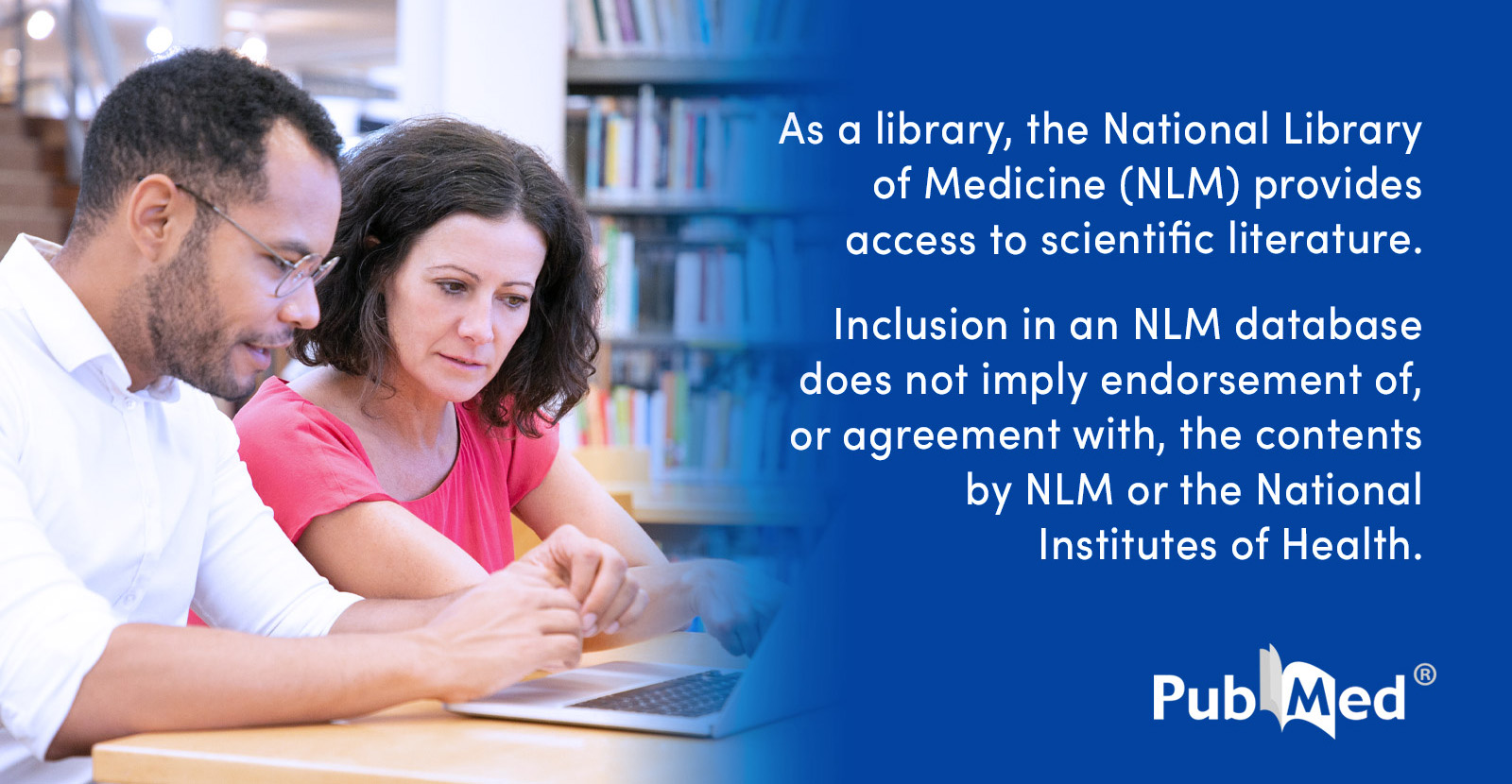very true. usually attempts at doing self-therapy at home quickly turn into a ketamine addiction as you chase that depression-relief rabbit. Ketamine does not cure anything, it just gives you a brief window into what non-depressed life looks like. ketamine use runs substantial risks of making physical and mental health problems worse or inducing new ones (I started self-harming after Ketamine use, which I never even considered beforehand). It can be a literal life-saver for some people (especially in a clinical setting. albeit still not fully exempt from the aformentioned risks) but doing street ketamine by yourself, by and large will do more harm than good.
edit: also, dissos reset your opi tolerance? didn't do shit on that front for me quite frankly
I agree with you there.
I don't actually have much ketamine experience. But I've been on probably 10,000 DXM trips in my life.
I always had a nice afterglow for a day or two after a DXM trip. My pain levels were lower, my depression lower, etc..
But of course after a few days, you'll go back to feeling how originally felt (if you have a genuine depression disorder that is).
And yes, NMDA antagonism is known to reverse opioid tolerance & also prevent it. But it's probably very dose dependent & maybe dependent on the person. Any time I've used heroin, tramadol or buprenorphine after a good 400mg+ DXM trip, it definitely sets my tolerance back for a day or two & the opioid feels much stronger. However, if I did like a 300mg DXM trip, I'm not going to notice much tolerance resetting. So there must be a certain dosage window for that.
I've also read that taking at least 60mg of DXM with your opioid daily can prevent tolerance, but I've never been able to gag down DXM daily long enough to really test that out. Plus even 60mg of DXM can muck up my opioid effects.
Some people say it doesn't work for them but there is a ton of literature out there on the subject.
The N-methyl-D-aspartate (NMDA) subtype of the glutamate receptor is an important mediator of several forms of neural and behavioral plasticity. The present studies examined whether NMDA receptors might be involved in the development of opiate tolerance and dependence, two examples of behavioral...

pubmed.ncbi.nlm.nih.gov
Although NMDA receptor antagonists attenuate the development of morphine tolerance, it is not clear whether NMDA receptor antagonists also prevent tolerance and cross-tolerance to other μ-opioid agonists and, if so, whether prevention is related to the efficacy of the agonist used to examine...

jpet.aspetjournals.org
The opioids are commonly used to treat acute and severe pain. Long-term opioid administration eventually reaches a dose ceiling that is attributable to the rapid onset of analgesic tolerance coupled with the slow development of tolerance to the ...

www.ncbi.nlm.nih.gov
It's possible it only works on some opioids too & not others. I dunno, but I've noticed potentiation with basically any opioid if I use it right after a DXM trip or within the next 2 days after a heavy DXM trip.








